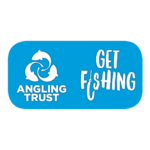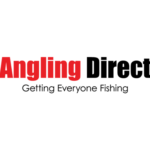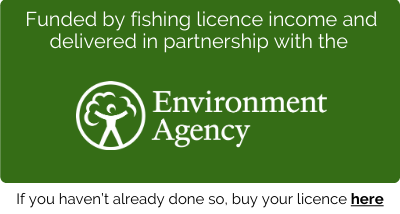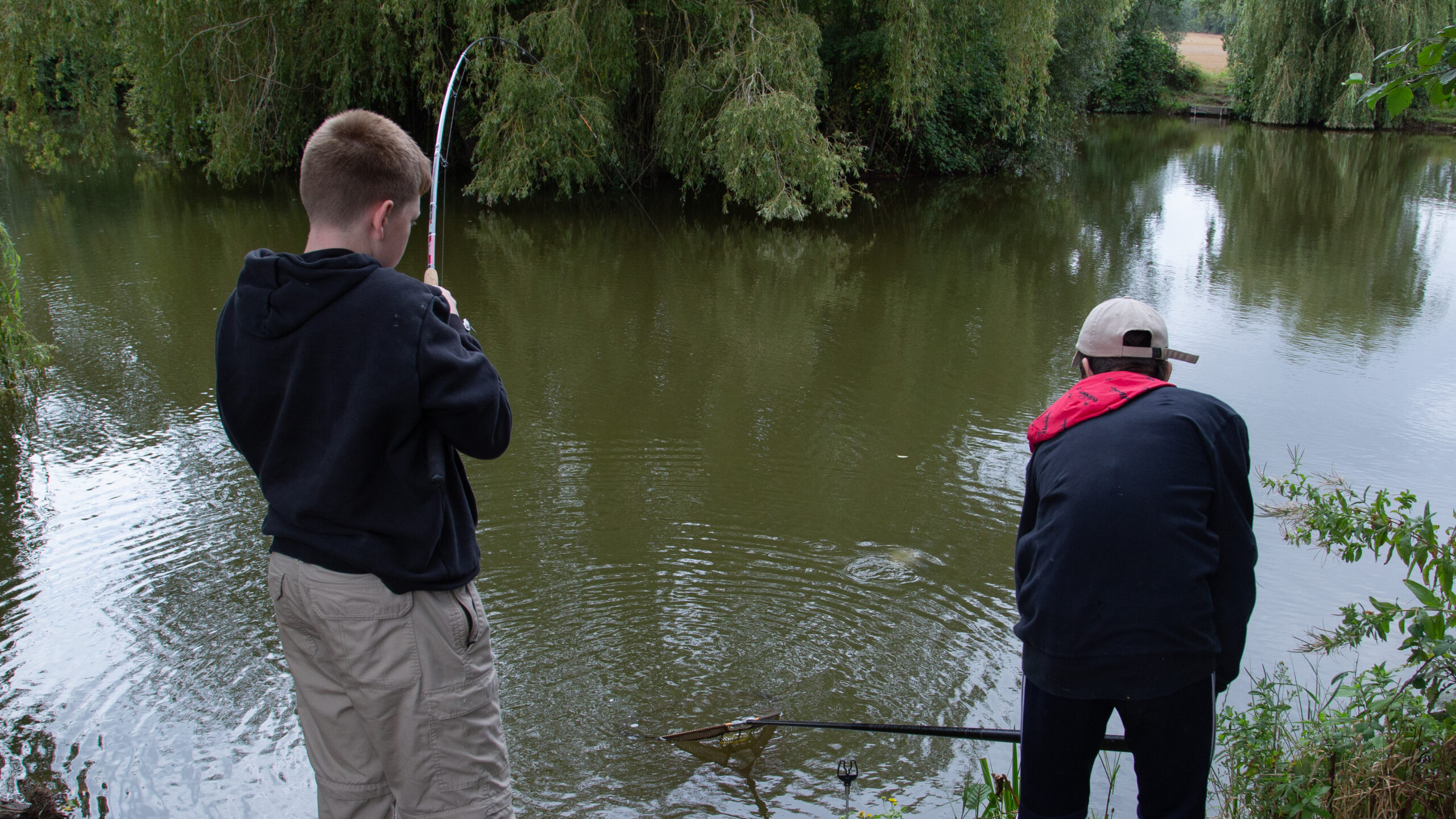
Get Fishing for Wellbeing News
Get Fishing for Wellbeing this half-term and boost young people’s mental health
If you’re looking for activities to do with the kids to boost mental health, look no further than planning a fishing trip this half-term. Maybe as a parent and you’re wondering ‘what can I do to improve my child’s mental health?’. Fishing is a great gateway to access a range of activities like fishing that can provide a safe and welcoming environment for young people to take time out for themselves and have fun.
How has young people’s mental health since the pandemic?
Sport England has compiled important research on young people and activity levels and has seen a negative impact since the Covid-19 pandemic. Between 2020-21 during the academic year, they have discovered that inequalities in activity levels have widened, and new short-term issues have arisen, including a reduction in boys activity levels to the same level as girls. However, on a positive note, findings discovered that active children have higher levels of mental wellbeing demonstrating how sports like fishing can play a role in rising levels of loneliness and declining mental health during the pandemic.
Get Young People Fishing for Wellbeing
Fishing is a fantastic gateway to the outdoors can help with ALL OF THESE THINGS, and here at the Angling Trust we are dedicated to our Get Fishing for Wellbeing programme and events to offer as much access to fishing as possible. Find out how more about where and how to go fishing locally here, including advice on events, coaching and further resources. Fishing allows you to explore nature locally or when on holiday, take in wildlife, be near calm expanses of water, all of which boost wellbeing. There’s no substitute for getting outdoors and trying something new.
Encouraging girls to give fishing a try
A recent report by the Education Policy Institute and the Prince’s Trust published in 2021 highlighted how girls’ levels of self-esteem and wellbeing sharply drops in their early teens while boys remains steady.
We have a fantastic blog from last year’s Mental Health Awareness Week on how fishing has helped young angler Aisha Mohamed-Godlett which you can read more of here. Aisha highlights that:
‘At the time I was in secondary school, consumed with schoolwork and recreational activities such as horse riding, cycling, music and reading. Whatever free time I had was spent either at family gatherings or meeting up with my friends. However this took a toll on my mind and body and I found myself needing some head space…’
‘Going fishing is also a chance to unwind from the stresses of life, take quality time out to focus on oneself and also, to recondition our mental health.’
The added wellbeing benefits of planning a fishing trip as an outdoor activity near you will provide young people with the tools to proactively boost mental health and boost resilience all while learning a new skill and reconnecting with the outdoors. Angling has a brilliant safeguarding record and really is accessible, fun, free, and safe for all to enjoy.
It’s especially great for kids because it builds confidence, self-esteem and a life long journey in angling! There have been numerous success stories since the pandemic particularly as part of our Get Fishing for Wellbeing programme, find out more about the programme here.
Proudly supported by Angling Direct and Shakespeare
‘Get Fishing’ campaign- supported by
Shakespeare, Exclusive Tackle Partner and Angling Direct, Exclusive Retail Partner
as we all work towards getting more people fishing, more often.
The Get Fishing campaign to get more people fishing more often is funded by the Environment Agency from fishing licence income as part of the National Angling Strategic Services contract with the Angling Trust, and Sport England. Children under 13 do not need a licence, and licences for children aged between 13 and 16 are free but you still need to register and receive a licence in order to go fishing. Although young children who are under 13 year old do not need a licence to fish, the person supervising them needs the proper fishing licence to take hold of the rod or to help the child fish with it.
You might also like
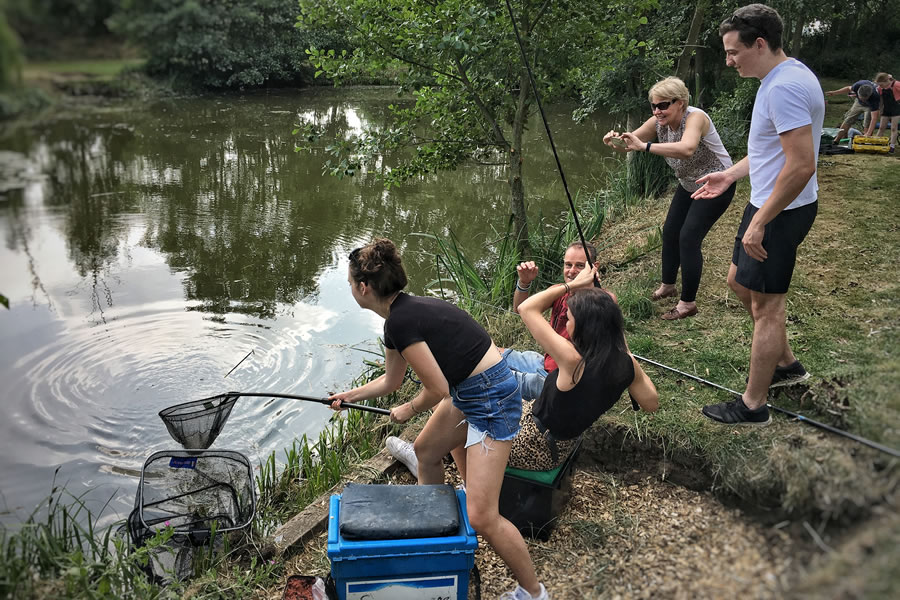
7 reasons why fishing is good for your health
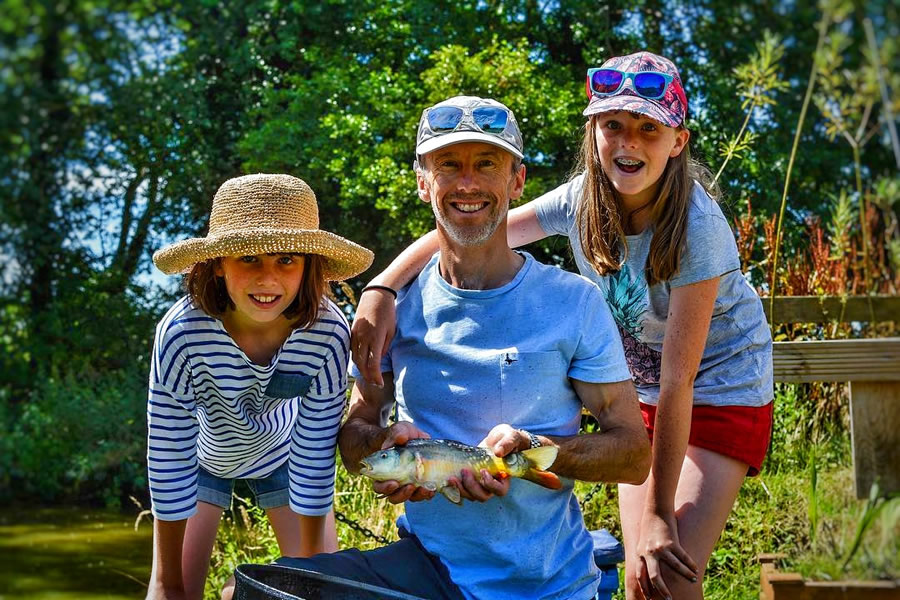
7 Reasons to take the kids fishing this Summer…
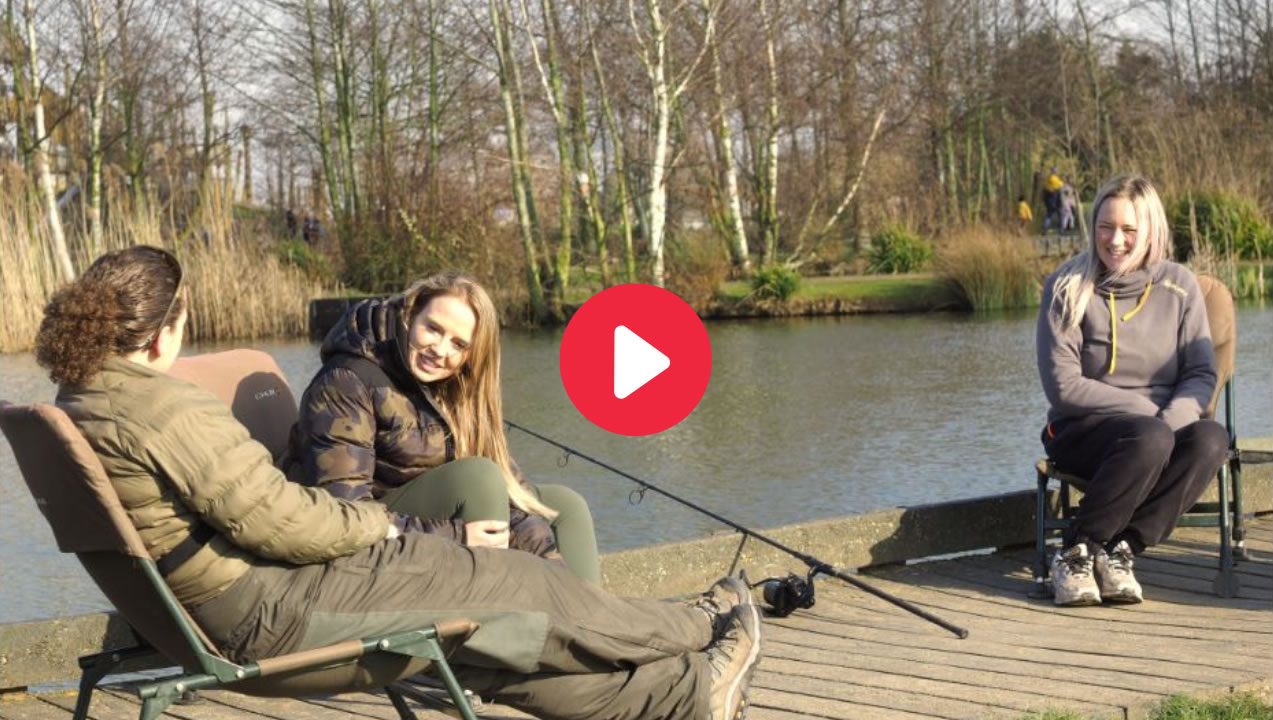
“There’s so much more to fishing than just catching…

7 reasons why fishing is good for your health

7 Reasons to take the kids fishing this Summer…

“There’s so much more to fishing than just catching…

7 reasons why fishing is good for your health

7 Reasons to take the kids fishing this Summer…










